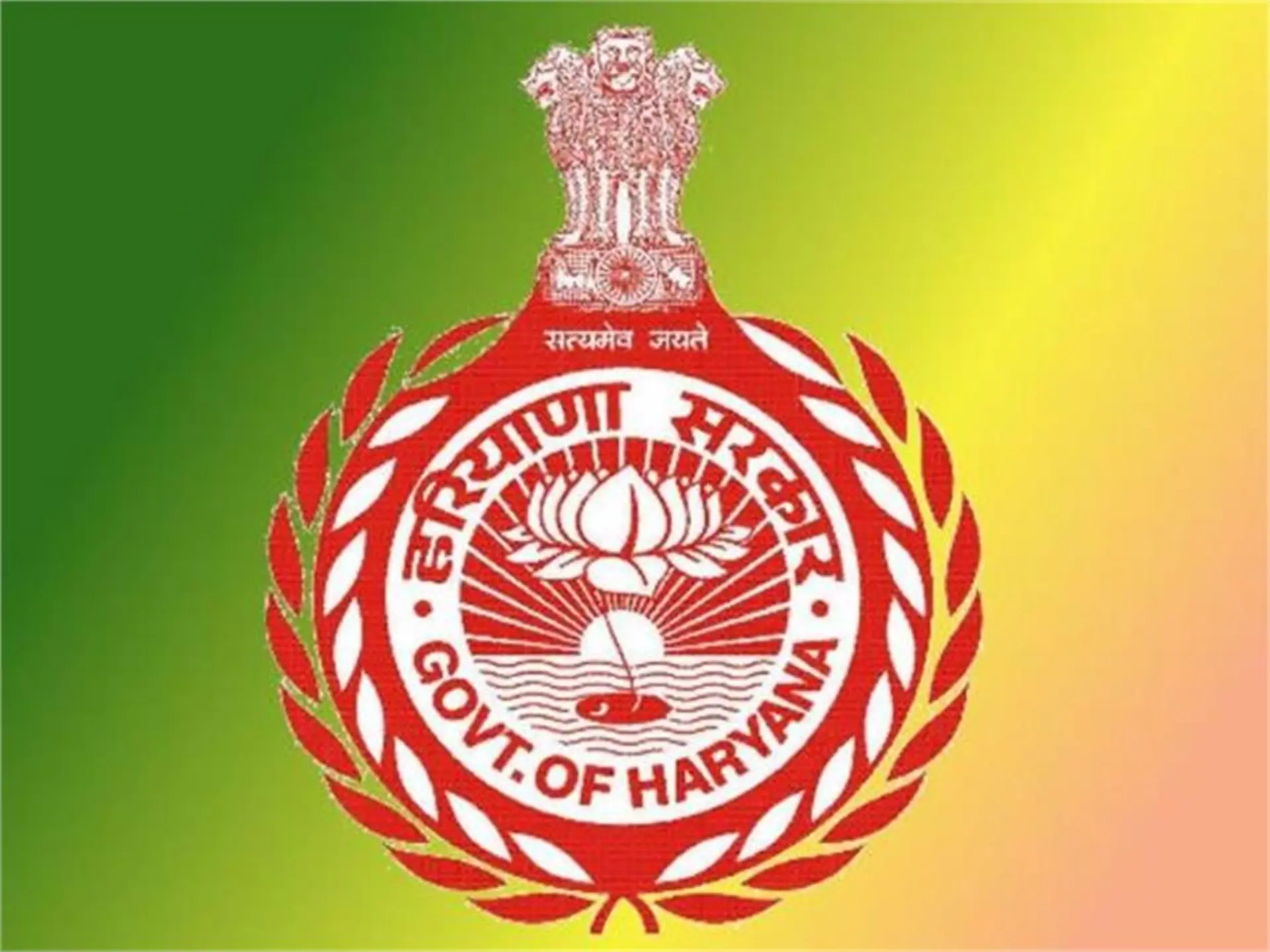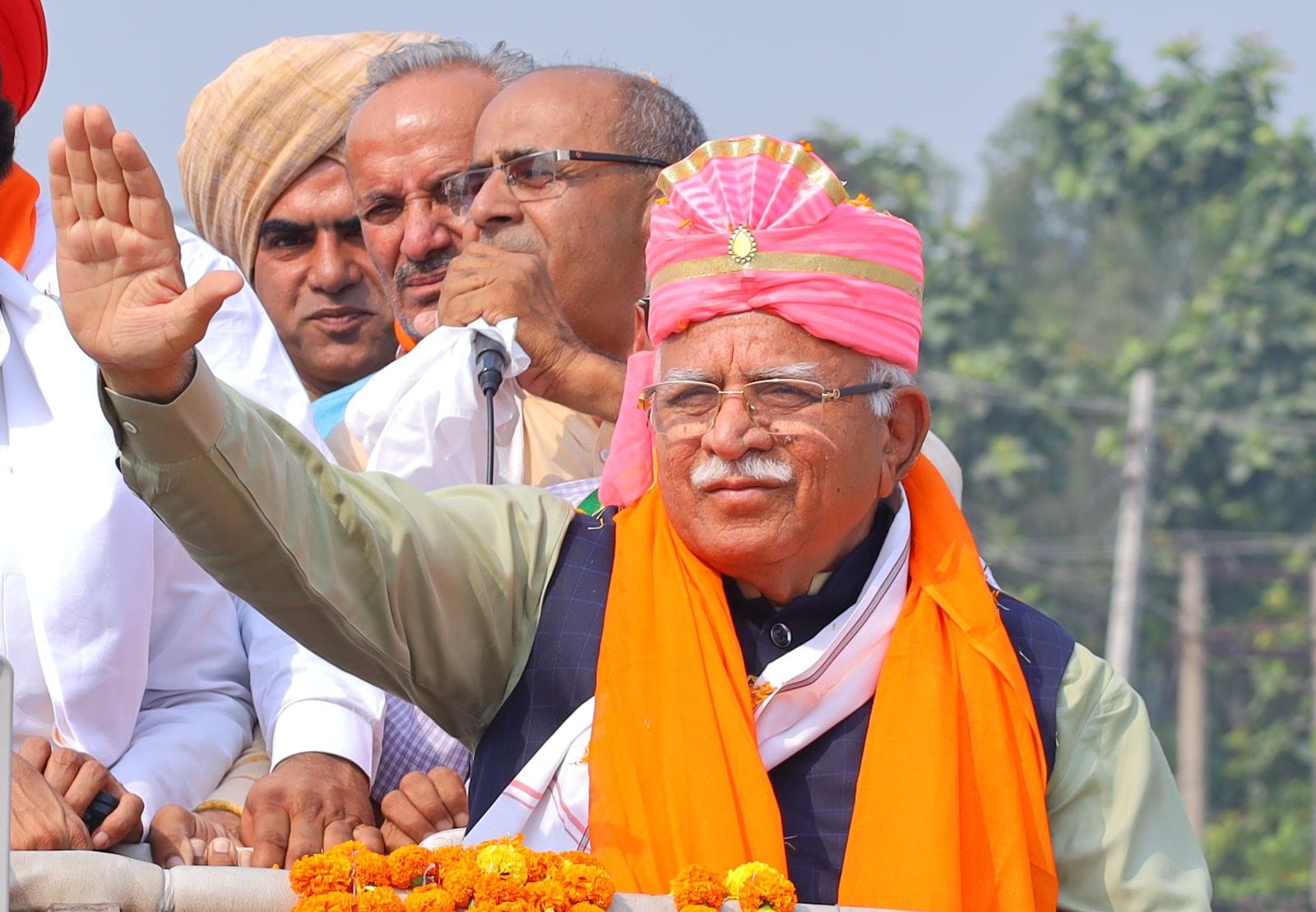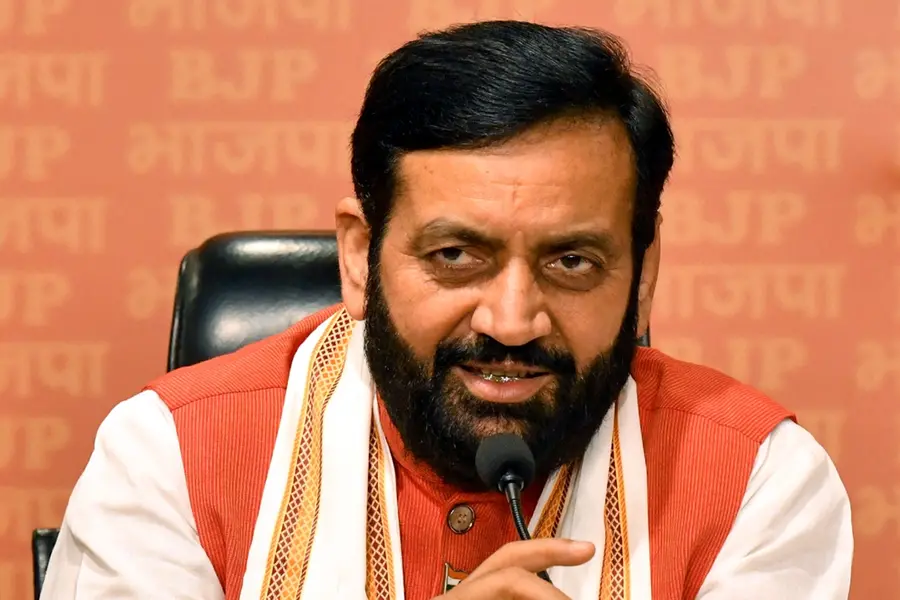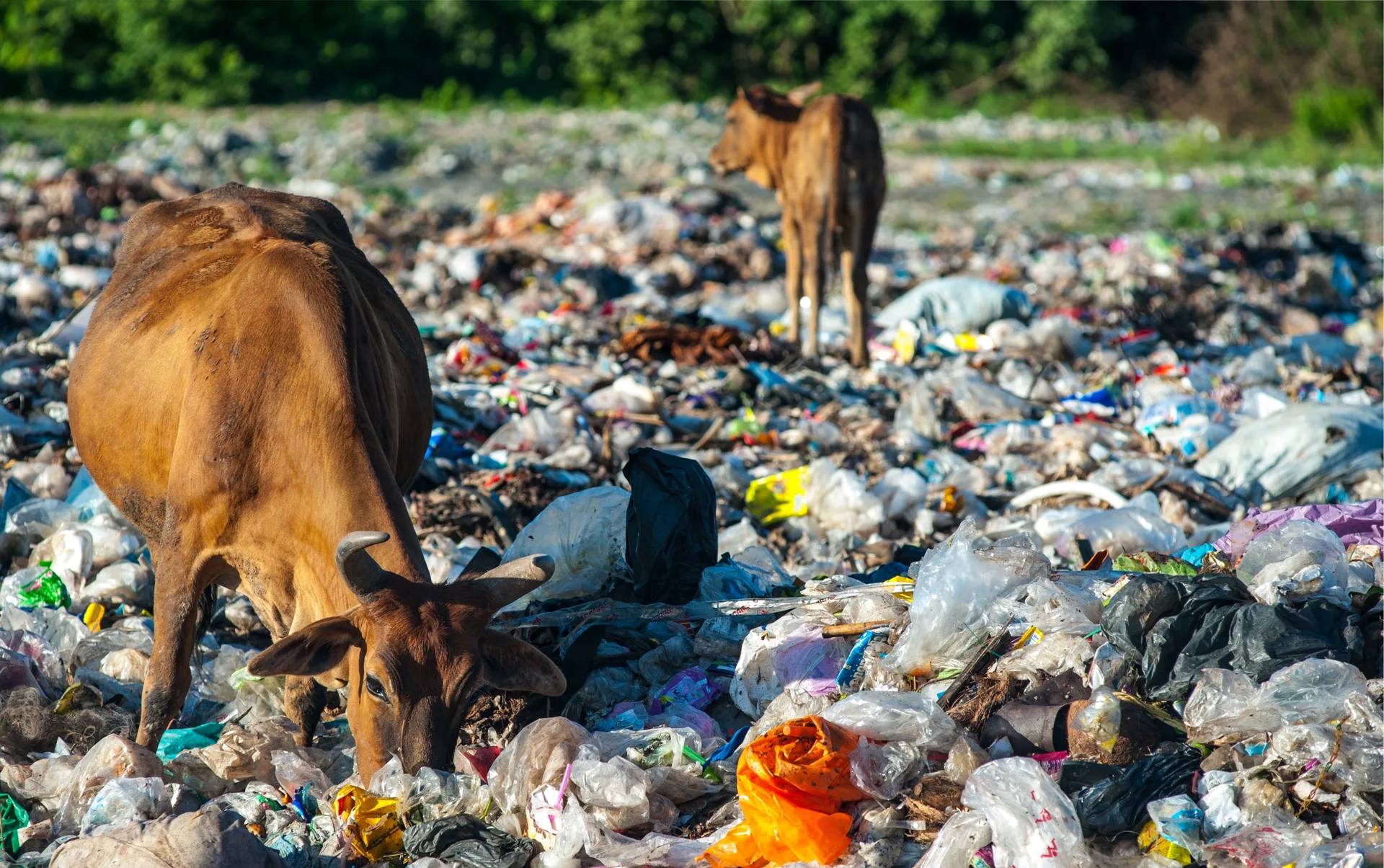
The battle for the Karnal Lok Sabha seat in Haryana is witnessing a clear lead for Bharatiya Janata Party's (BJP) Manohar Lal Khattar, the former Chief Minister of the state. As the counting of votes progresses, Khattar has established a substantial lead of 134,527 votes over his closest rival, Divyanshu Budhiraja of the Indian Youth Congress.
Khattar, a veteran RSS pracharak who joined the BJP in 1994, is contesting his first parliamentary election after serving as the Chief Minister of Haryana from 2014 to 2024. His candidature from Karnal holds significant importance for the BJP, which is aiming for a rare third consecutive term at the Centre under the leadership of Prime Minister Narendra Modi.
The Karnal Lok Sabha constituency, comprising nine assembly segments, including Gharaunda, Panipat City, Karnal, Panipat Rural, Indri, Assandh, Israna, Nilokheri, and Samalkha, witnessed voting during the sixth phase of the Lok Sabha elections on May 25. In the 2019 elections, the BJP's Sanjay Bhatia had won the Karnal seat, defeating his Congress opponent by a substantial margin of 50.44%.
Khattar's political journey has been closely intertwined with the BJP's rise in Haryana. After joining the RSS in 1977 and serving as a full-time pracharak for 14 years, he made his electoral debut in 2014, winning the Karnal Assembly constituency. He went on to become the state's first BJP Chief Minister and played a pivotal role in the party's election campaign in 2014.
Prime Minister Modi, who shares a long-standing friendship with Khattar dating back to their RSS days, has openly acknowledged their camaraderie, recounting their motorcycle rides in Haryana during their association with the Sangh Parivar.
As the BJP seeks to create history by securing a third consecutive term at the Centre, Khattar's impressive performance in Karnal could serve as a crucial building block for the party's overall success in the ongoing Lok Sabha elections. Political pundits and analysts are closely monitoring the trends, as the final results will not only determine the fate of individual candidates but also shape the nation's political landscape for the next five years.














